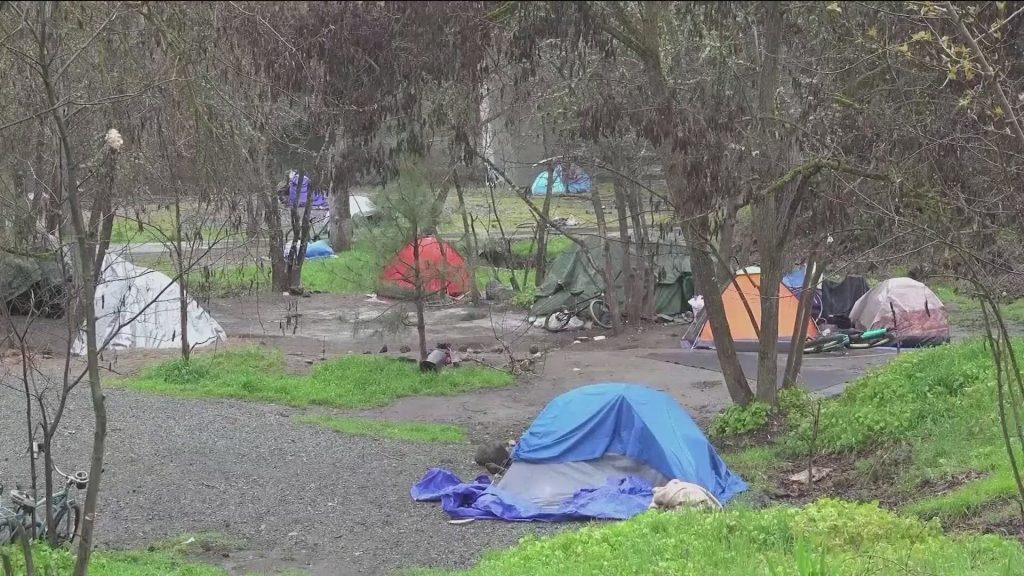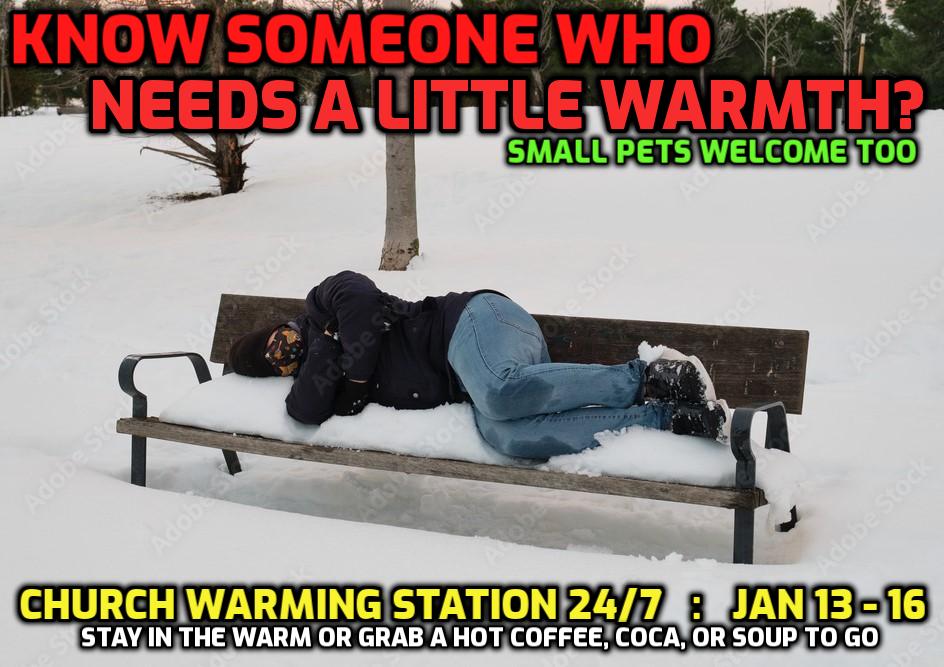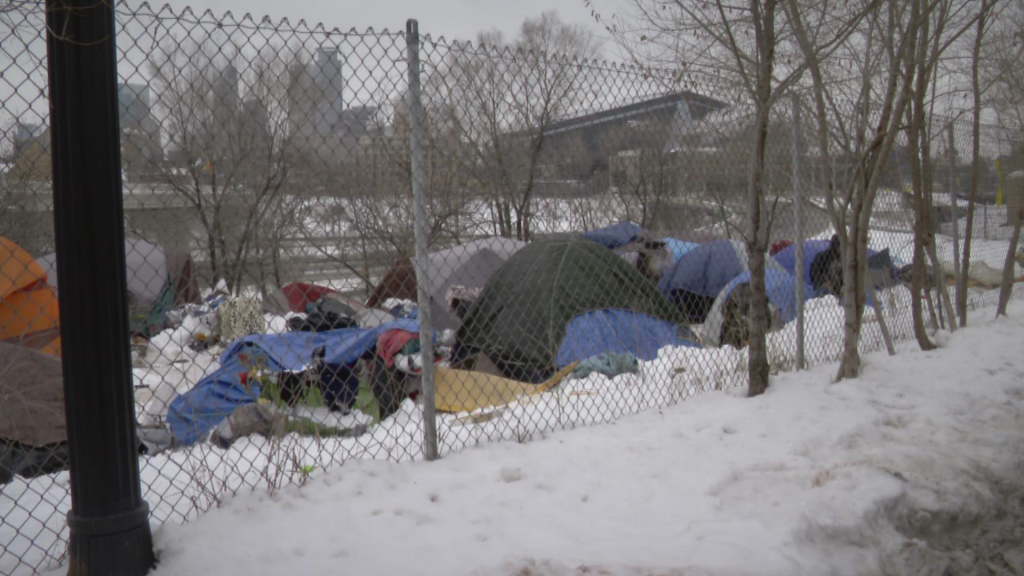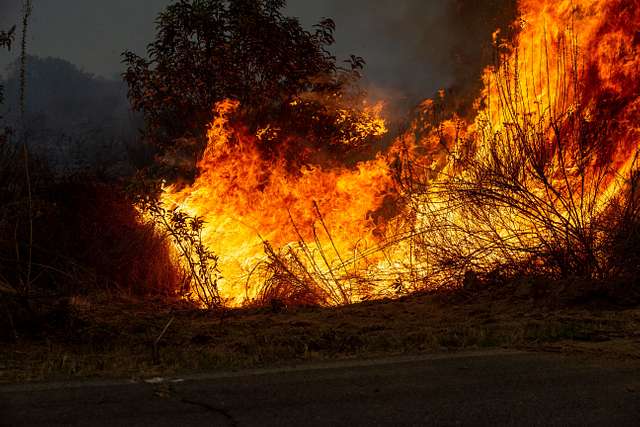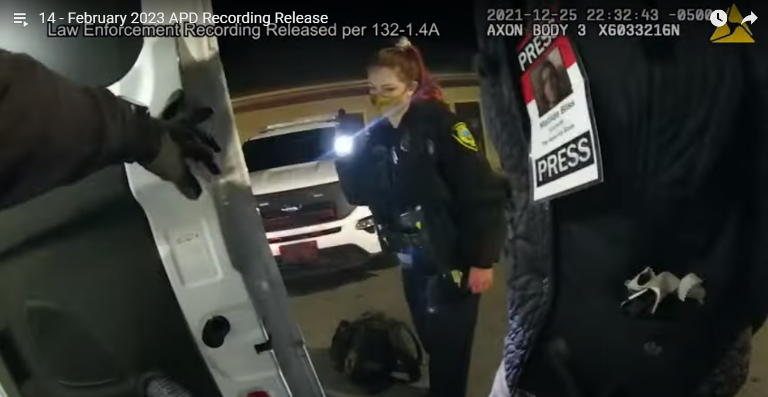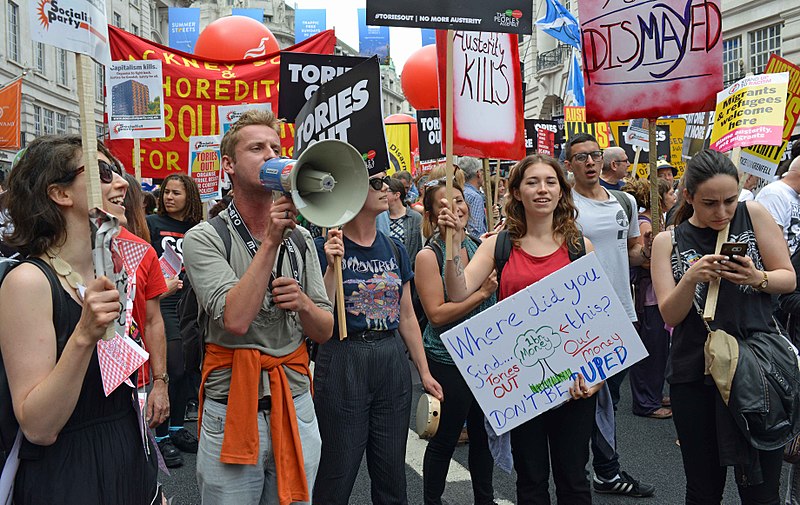“Maybe the right-wing justices could empathize with the most vulnerable Americans if they spent less time jet-setting on luxury vacations on their wealthy benefactors’ dime,” said one critic.
By Brett Wilkins. Published 6-28-2024 by Common Dreams
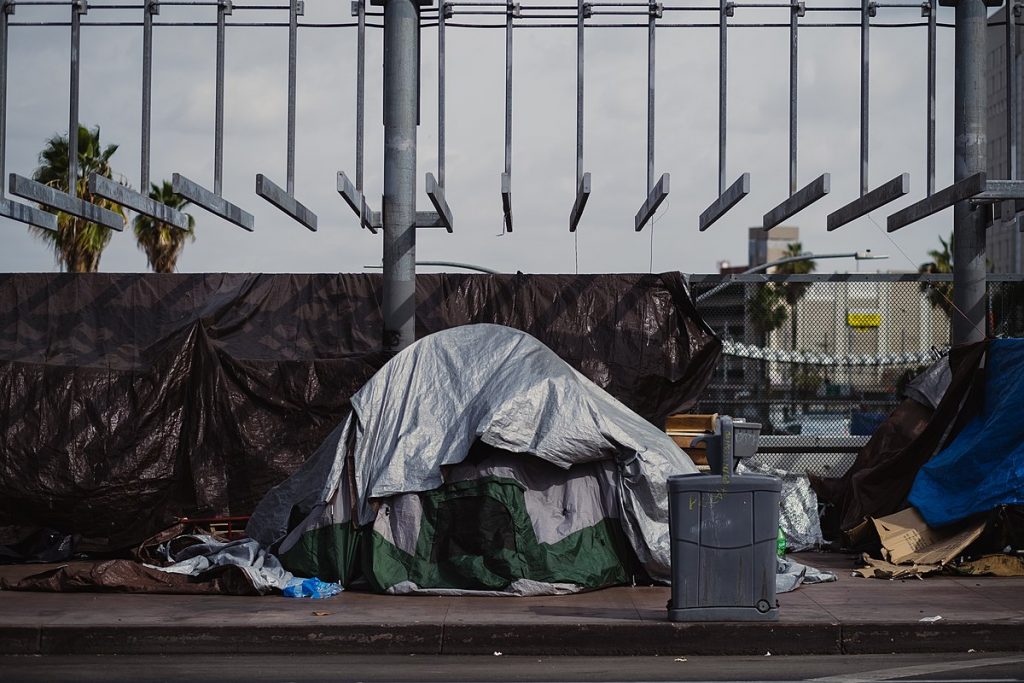
“SCOTUS just criminalized homelessness.”
So said numerous legal experts and advocates for the unhoused Friday after the U.S. Supreme Court’s right-wing supermajority ruled that local governments can enforce bans on sleeping outdoors, regardless of whether municipalities are able to offer them shelter space.
In a 6-3 decision along ideological lines, the justices ruled in City of Grants Pass, Oregon v. Johnson that officials can criminalize sleeping and camping on public property including parks, even when housing options are unavailable or unaffordable.
Continue reading

